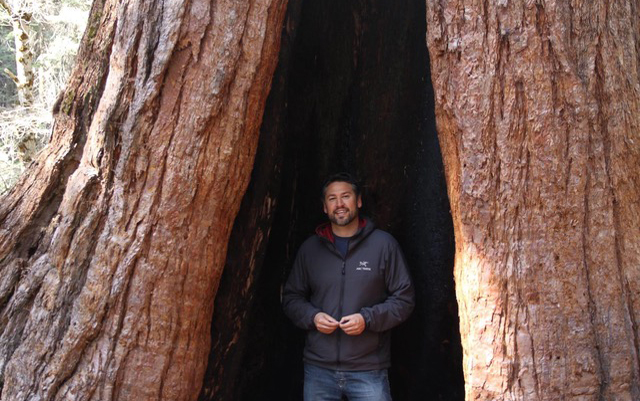In an uncertain industry, Tamerlane Trading is building stability to benefit cannabis buyers and suppliers with forward commitments, a standard adopted from commodity trading. Forward commitments allow buyers and suppliers to focus on their core business instead of sourcing or selling material.
In partnership with Big Tree Grading and using the International Cannabis and Hemp Standards (ICHS) Fair Market Certification process to inspect, verify, grade, certify and appraise cannabis and hemp material, the buyer knows the quality standard of the material. This process allows the farmer to focus on growing a high-quality product rather than focusing on who will purchase their material and for what rate.
The forward commitment model is used to standardize wholesale cannabis trade. According to Investopedia, “forward commitments enable two parties to reduce the risks and uncertainties around a planned transaction in the future. For example, a producer of a commodity like wheat knows he must sell his crop at some point after the harvest. A futures contract with a forward commitment allows the producer to find a buyer in advance, locking in the sale price for the producer and the buyer over that same time period.” When the same process is applied to the cannabis market, buyers and sellers benefit in several ways.
The buyer is aware of exactly what they’re getting, and the supplier knows they’re getting a good price. Furthermore, this process brings consistency to the supplier. They know that their product will be going to buyers regularly. Both parties win.
The forward commitment model can be expanded when a supplier has a lot of material that will be harvested. There’s an opportunity for the processor to visit the farm and view the product while it’s still in the ground. This allows the buyer to know exactly what the plant looks like pre-harvest, ensuring that the product meets their standards.
Tamerlane Trading also tests the products for pesticides and potency and gives buyers the option of verified or non-verified products. A product is labeled verified when Big Tree Grading has quality verified and graded every gram in each lot. Non-verified is product information from the supplier that is listed in their marketplace without being\g verified by Big Tree Grading.
Product availability in the cannabis industry fluctuates all year. By using the forward commitment model, supply and demand is balanced with value and levels out the market rates for indoor cultivation while protecting them and their buyers from fluctuating prices that hinge on seasonal availability of outdoor harvests.
For example, an indoor product in the spring and summer can go for $3/gram and drops to $2.25 in the fall and winter. A buyer can agree to purchase the all the supplier’s indoor flower at $2.75 a gram for the year. This strategy gives the buyer a deal in the spring and summer, and the supplier a deal during the fall and winter – creating stability and certainty.
The cannabis market will continue to boom as more states join the fold, but in order to grow the industry, standards and structure must be in place. The cannabis market must be treated like other commodity markets to be successful. Commodity and agriculture markets rely on grading, brokerage and standardization – so should the cannabis industry. Forward commitments will standardize wholesale transactions, quality verification and grading services and create transparency. Simply put, forward commitments instill stability into a volatile market.






